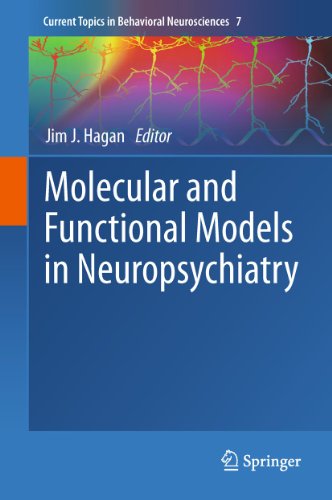

Most ebook files are in PDF format, so you can easily read them using various software such as Foxit Reader or directly on the Google Chrome browser.
Some ebook files are released by publishers in other formats such as .awz, .mobi, .epub, .fb2, etc. You may need to install specific software to read these formats on mobile/PC, such as Calibre.
Please read the tutorial at this link: https://ebookbell.com/faq
We offer FREE conversion to the popular formats you request; however, this may take some time. Therefore, right after payment, please email us, and we will try to provide the service as quickly as possible.
For some exceptional file formats or broken links (if any), please refrain from opening any disputes. Instead, email us first, and we will try to assist within a maximum of 6 hours.
EbookBell Team

4.1
60 reviewsCommon neuropsychiatric diseases are associated with significant human and economic cost. The development of more effective treatments requires scientific progress on a broad front and animal models have a vital role to play in these advances, enabling exploration of the functional consequences of molecular changes at the cellular, systems and behavioural levels. This volume discusses some of the latest and most exciting advances in the field. The first five chapters consider developments in gene modification techniques, their applications in vivo across a variety of species and the latest work related to Schizophrenia, Huntington’s Disease and Major Depressive Disorder. Three chapters then focus on recent developments in Autism, Drug Dependence and Attention Deficit Hyperactivity Disorder. In the final four chapters consideration is given to the development of models in larger species and to emergent approaches, such as epigenetic regulation, gene X environment interactions and MRI as a tool for understanding the function of neuronal systems in non- human species, all of which are likely to play an increasingly important role in the scientific discourse related to neuropsychiatric diseases.